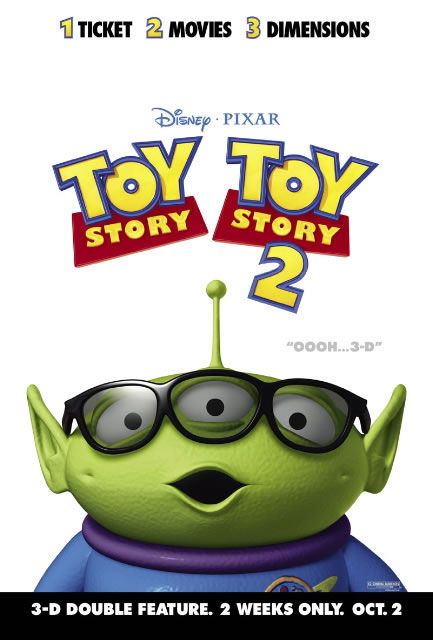
Is Your Teen ‘Doom Spending’? What You Need to Know About This Trend
By Movieguide® Contributor
Is your Gen Zer doom spending? Teens and young adults born between 1997 and 2012 take doomscrolling to a new level with this latest trend, and it’s costing them.
“Doom spending is essentially an offshoot of doomscrolling the study says, explaining that members of Gen Z are most likely to purchase things as a coping mechanism because they feel pessimistic about the future after spending excessive time scrolling through negative online content,” USA Today reported.
Gen Z’s intake of negative content leads to pessimism about their future.
“Essentially, if you‘re not feeling good about the economy, you feel like maybe that home purchase that I was trying to make is so far out of reach that I‘m going to spend in other ways to try to make me feel better,” explained CNN’s Vanessa Yurkevich.
“Or if you’re not feeling the results of the presidential election, you may spend a little bit to try to take your mind off things. It’s that dopamine hit that you’re looking for to start to feel good again,” she added.
Data supports this trend.
A new report from Simon-Kucher, a consulting firm, confirmed that “Gen Z have increased their holiday spending the most year over year and have the highest participation across deal days relative to other generations.”
“I didn’t coin the term, but I found it very interesting,” Shikha Jain, a partner with Simon-Kucher who worked on the report, said. “It involves impetuous purchases that offer this short-term delight but can cause long-term financial strain. It’s more than just impulse buys or retail therapy.”
Retail therapy satisfies acute pain while doom spending attempts to cover up feelings of doom.
“Retail therapy is typically used to assuage a negative experience — a bad day at work or a bruising breakup. While it might not be the healthiest way to deal with a temporary setback, it usually ends once you get past the acute pain of the moment,” Life Hacker said. “Doom spending, on the other hand, is driven by a persistent sense of, well, doom. There’s never any end to it because the future is always bleak and always some unknown time away.”
As Gen Z attempts to mask their hopelessness about the future with often mindless purchases, parents can encourage a few different healthy habits. TODAY advises:
- Label your feelings
- Reduce your stress
- Set aside a “fun” fund
- Use a debit card
Most importantly, though, parents and those who find themselves trapped in a cycle of doom spending should put their hope in Christ, not the things of this world. As God reminds us in Jeremiah 29:11, “‘For I know the plans I have for you,’ declares the LORD, ‘plans to prosper you and not to harm you, plans to give you hope and a future.'”
Questions or comments? Please write to us here.


 - Content:
- Content: 
 – Content:
– Content: 
